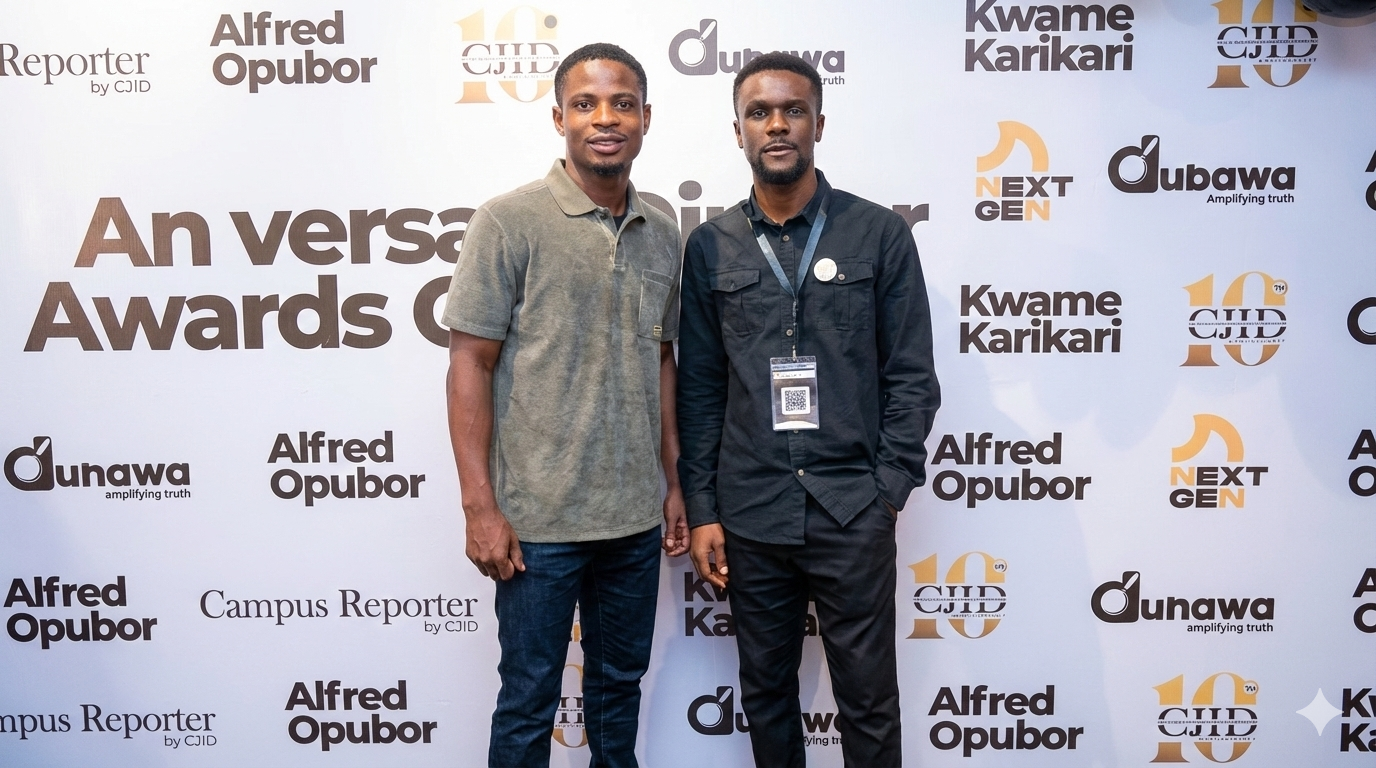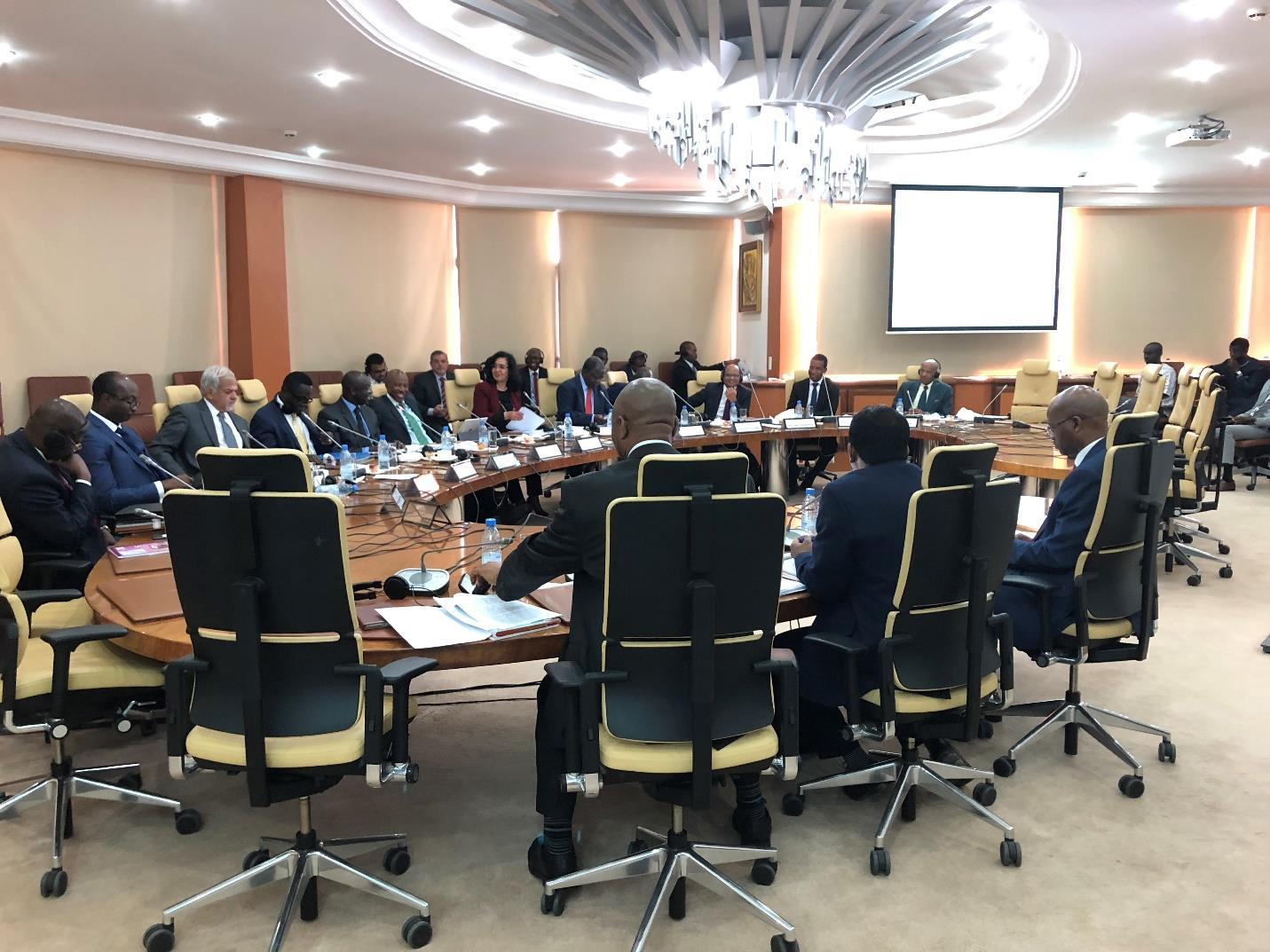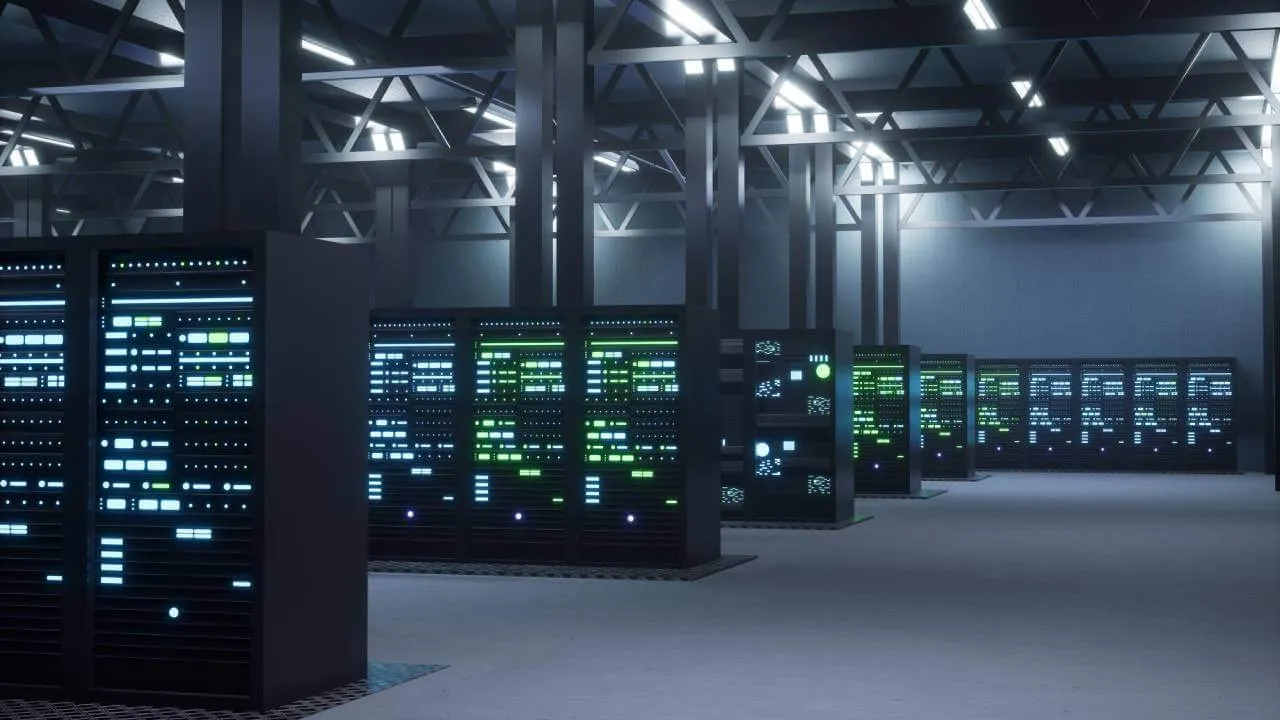As the sun sets on a transformative 2025, Africa’s AI landscape stands at a pivotal crossroads. From the bustling tech hubs of Nairobi and Lagos to the policy chambers of the African Union (AU), the continent has accelerated its embrace of artificial intelligence, positioning it not just as a tool for innovation but as a cornerstone for equitable growth. With investments surging, skills programs scaling, and global partnerships deepening, African leaders are scripting a narrative of self-determination in the digital age. Yet, as the year winds down, questions linger: Can this momentum bridge the infrastructure gaps and ensure AI serves all 1.4 billion Africans?
This year has been a watershed for AI on the continent. In May, the AU’s High-Level Policy Dialogue in Addis Ababa – part of the Ethio Tech Expo ETEX 2025 – declared AI a “strategic priority,” calling for increased investment, inclusion, and innovation to align with Agenda 2063 and the UN Sustainable Development Goals (SDGs). The event, themed “Leveraging Artificial Intelligence for Africa’s Prosperity and Collaboration,” drew representatives from over 40 countries, including heads of state and private sector pioneers. It highlighted a stark reality: while African AI startups are proliferating in sectors like agriculture, healthcare, and education, funding remains concentrated. Over 83% of AI startup investments in the first quarter of 2025 flowed to just four nations – Kenya, Nigeria, South Africa, and Egypt – underscoring the need for broader geographic equity.
The economic stakes couldn’t be higher. Projections from the Brookings Institution suggest AI could double Africa’s GDP growth rate by 2035, catalyzing productivity across agriculture, industry, and services. Meanwhile, GSMA estimates the technology could inject up to $2.9 trillion into the continent’s economy by 2030, leveraging Africa’s youthful workforce – projected to double to over 830 million by 2050 – to drive scientific and societal progress. “AI is not Africa’s savior,” cautions Chinasa T. Okolo of the Brookings Institution, warning against “technosolutionism” that overlooks local realities. Instead, she advocates for evidence-based approaches that prioritize social and economic empowerment.
Groundbreaking Infrastructure and Innovation Hubs
A hallmark of 2025 has been the push for homegrown infrastructure. In April, Zimbabwean tech mogul Strive Masiyiwa’s Cassava Technologies announced Africa’s first “AI factory” in South Africa, in partnership with Nvidia. This supercomputing hub, powered by Nvidia’s high-end GPUs, aims to slash costs – where a single GPU can cost 75% of Kenya’s GDP per capita – and democratize access for local developers. “This will be a game-changer,” says Celina Lee, CEO of AI platform Zindi, noting it could lower latency, boost tailored solutions in agriculture and finance, and stem the brain drain of talent.
Rwanda has emerged as another beacon. Hosting the inaugural Global AI Summit in April, the East African nation secured a $7.5 million commitment from the Gates Foundation for an AI scaling hub focused on healthcare, agriculture, and education. By October, Kigali is set to host
the International Organization for Standardization (ISO) Annual Meeting, a platform to amplify African voices in global AI standards. “This is Africa’s moment to design inclusive AI ecosystems,” affirms the World Economic Forum, crediting youth-led innovations for shaping ethical governance.
Generative AI (GenAI) has also gained traction. McKinsey’s May report highlights Africa’s potential to “leapfrog” traditional paths, as seen in mobile payments and cloud adoption, with GenAI poised to create value across sectors despite uneven digital skills markets. The European Commission, in a September call for proposals closing October 2, pledged funding to adapt EU GenAI tools for African contexts, targeting rural communities and women-led enterprises.
Empowering Talent and Tackling Governance
Skills development has been a rallying cry. Togo’s ambitious program targets 50,000 AI trainees by year’s end, with plans to scale annually, addressing the fact that only 3% of global AI talent hails from Africa. UNESCO, at the G20 AI in Africa conference in early October, launched its AI Initiative for Africa, training 2,000 teachers and students via the Youth Coding Initiative and 30 policymakers from 15 countries. “We’re equipping future generations for a digital world while protecting human rights,” stated UNESCO Director-General Audrey Azoulay, building on the 2018 ethical AI framework.
Governance has advanced too. 2025 saw a flurry of policies: national strategies from Côte d’Ivoire, Kenya, and Namibia in Q1, drafts from Lesotho and Tanzania, and the AU’s Continental AI Strategy. The Africa Declaration on AI, signed by 49 AU states in April, charts a roadmap for ethical, competitive growth aligned with African values. The UK, at the G20 in Cape Town on October 1, announced a £1 million African Hub for AI Safety at the University of Cape Town, plus evaluations to ensure AI tools deliver real impact.
Google’s September investments in connectivity – including undersea cables and AI tools – further underscore international buy-in, aiming to prevent an “AI divide.” The African Development Bank echoes this, noting AI’s potential to augment jobs in sub-Saharan Africa rather than displace them, per the upcoming 2025 Human Development Report.
Challenges Ahead: Data Sovereignty and Equity
For all its promise, 2025 has exposed hurdles. Data sovereignty remains a flashpoint; much African data is controlled by foreign tech giants, limiting model training on local languages and contexts. Carnegie Endowment experts warn of brain drain without ecosystem investments, while the Agence Française de Développement stresses local engineers’ role in crafting Africa-specific AI. IDRC’s September call for research on AI’s socio-economic impacts highlights labor market shifts, with 230 million digital jobs projected by 2030 but risks of displacement.
As the AU gears up for its February 2026 summit, optimism prevails. “Reforming the international financial system is an urgent imperative,” AU Commission Chairperson Moussa Faki Mahamat declared in September, tying AI to broader resilience. From malaria-detecting
apps in Uganda to predictive tools for floods and epidemics, African innovators are proving AI’s bespoke power.
In the words of Professor Paulin Melatagia Yonta, AI is “a driving force for change” but only if harnessed inclusively. As 2025 closes, Africa isn’t just catching up; it’s redefining the global AI conversation on its own terms. The coming year promises more hubs, policies, and breakthroughs, but success hinges on turning declarations into widespread access. For a continent on the cusp, the code is being written now.





Thanks for sharing. I read many of your blog posts, cool, your blog is very good.